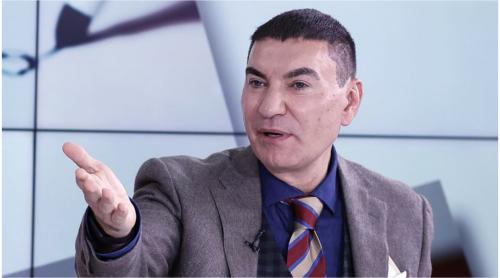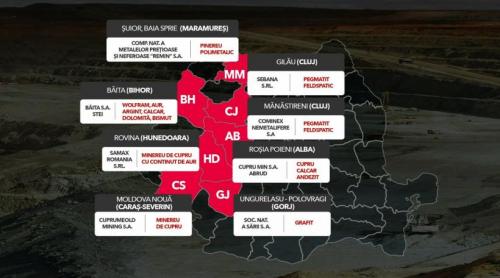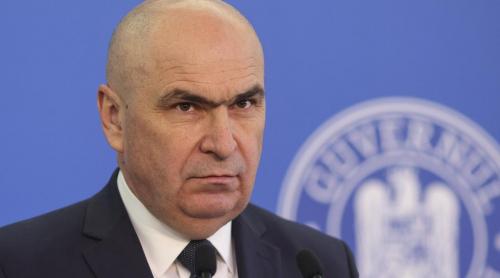
The perspectives of the global economy remain "unusually uncertain", warns the World Bank. The institution has negatively revised its prognoses regarding the economic growth in 2009, forecasting a decrease of 4% of the GDP in the case of Romania, which confirms once more the recession.
This new unfavorable prognosis, published by the World Bank (WB) at the end of last week revises the one in February, when the experts indicated an economical growth of 0-2% for Romania in 2009. The decrease of 4% of the GDP advanced by WB is similar to the European Commission forecast, while the IMF predicts a negative trend of the Romanian economy of 4.1%.The good news for the Finance Minister, Gheorghe Pogea (photo), is that Romania's GDP will increase by 0.5% in 2010 and by 2.5% in 2011. The current account deficit should reach 8.4% of the GDP in 2009, compared to 12.4% of the GDP last year, and it should reach 7.5% in 2010 and then climb back to 8,7% in 2011.
GREAT POWERS
The experts of the institution predict an economic contraction of 4.5% for the euro-zone this year, followed by an increase of 0.5% in 2010. They had previously indicated a collapse of 2.7% in 2009 and a progress of 0.9% next year. The GDP of the United States, the largest economy in the world, will fall this year by 3% but will increase by 1.8% in 2010, according to the WB. As far as the major emerging economies, the WB report offers optimistic prospects for China and India, but significantly reduces the forecast for Russia and Brazil.
Thus, the WB forecasts a growth of 7.2% for China in 2009 (from 6.5%), and of 5.1% for India (from 4%). On the other hand, Russia will face a decrease of 7.5% of the GDP this year, versus a previous estimate of 4.5%. The World Bank has called for "vigilance" in developing the exit strategies, which will gradually remove the monetary and expansionary fiscal policy, once the world economy is entering a clear recovery process. The unprecedented expansionary economic policy could have serious adverse effects on future decisions if they would be maintained after the restart of the global economy.
Soros: The most difficult period of the crisis has passed
The most difficult period of the global economic crisis has passed, said American businessman George Soros. "We definitely left behind the toughest part of the crisis. The current problems are not similar to anything in the past, but they show the end of an era. The current system was based on the false premises according to which markets could balance independently, the system being able to correct itself", said Soros.
The investor emphasized the need of a legislation to regulate the global markets. "It won't be easy, but if we won't make it, the globalization as we know it will disintegrate", said the American billionaire. The state must intervene in the fight against the crisis with guarantees for the financial institutions and increased government expenditure.
But governments will have to reduce their role once the financial system will be stabilized in order to reduce the risk of hyperinflation, he said. The businessman has also shown that Poland, Hungary and other countries would have been less affected by the crisis if they had been part of the euro area.

















